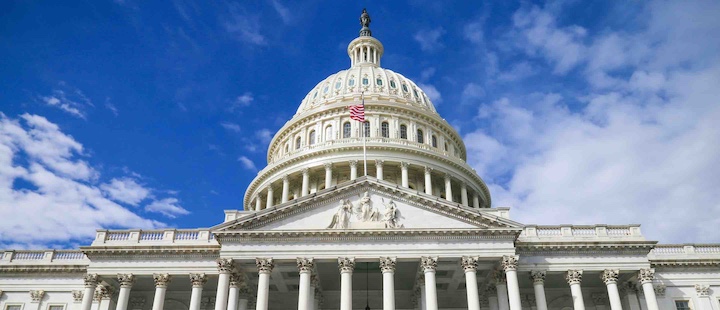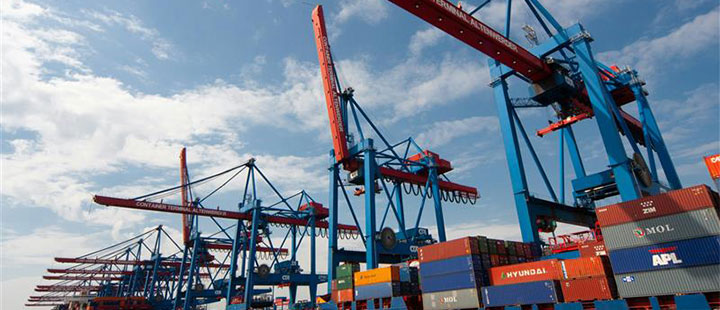Please note: this article is more than one year old. The views of our CIO team may have changed since it was published, and the data on which it was based may have been revised.
In our newest CIO Special, we address one fundamental reality of our entire economic system: Every human being has needs. We need food to eat, water to drink, air to breathe and shelter to live in.
Our planet provides an abundance of resources that we use to meet our needs. Land resources, the subject of this report, constitute one of our long-term investment themes (LTITs) as we believe that multiple system changes are required to sustainably fulfill the demands that rely on such resources.
We look at five key demand areas for land resources that support our current standards of living. These five areas are particularly important because our economies remain highly dependent on them, even though we recognize their significant negative impact on the environment.
- Five key demand areas (cement, aluminium, steel, plastics, and food) account for around 37% of global CO2 emissions.
- Transition to circular economy principles needs to be complemented by conservation of resources and regeneration of nature.
- Investment will be encouraged by the economic viability of alternative approaches, regulatory frameworks, changing customer needs and – above all – the ecological necessity of change.







